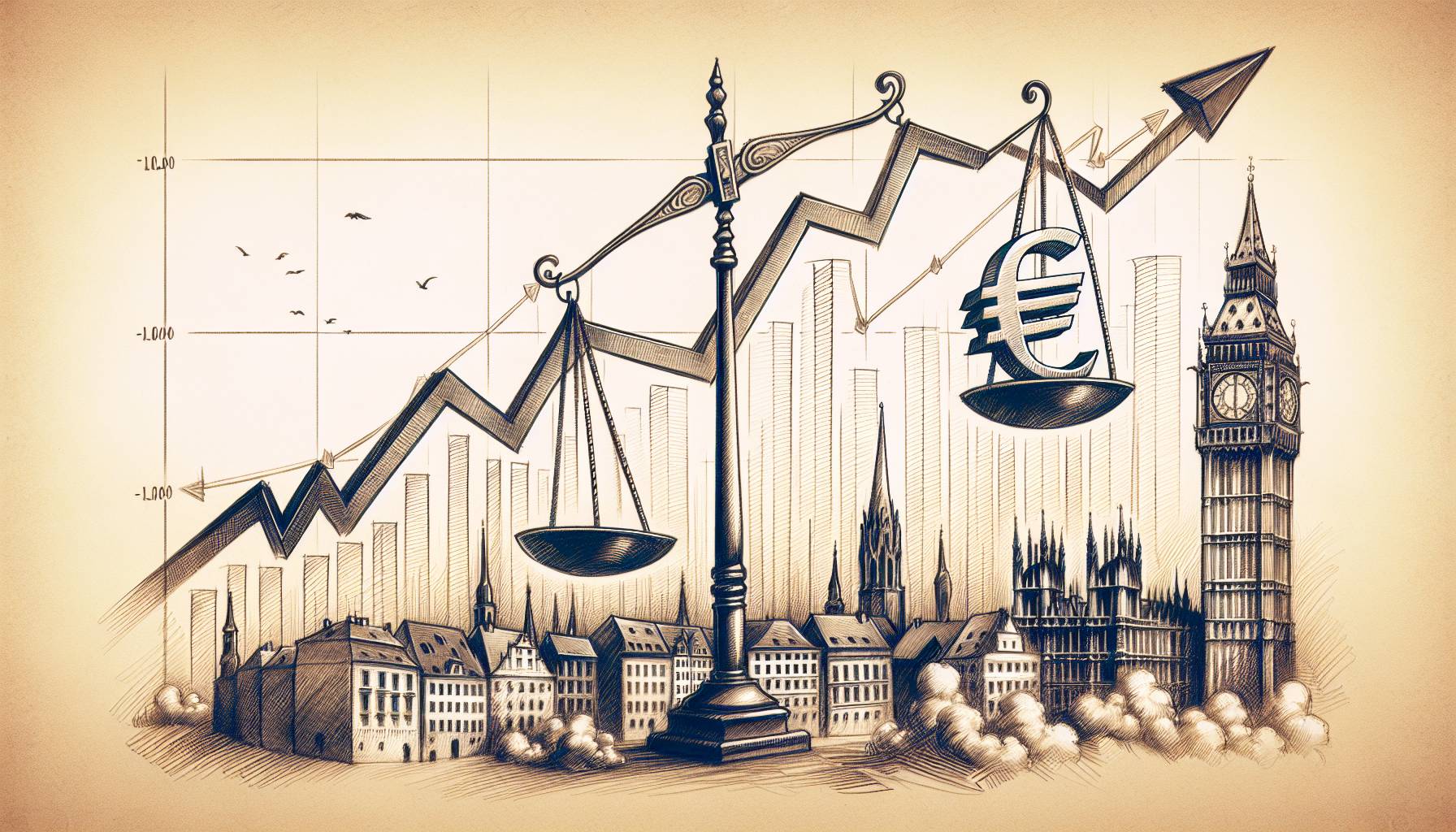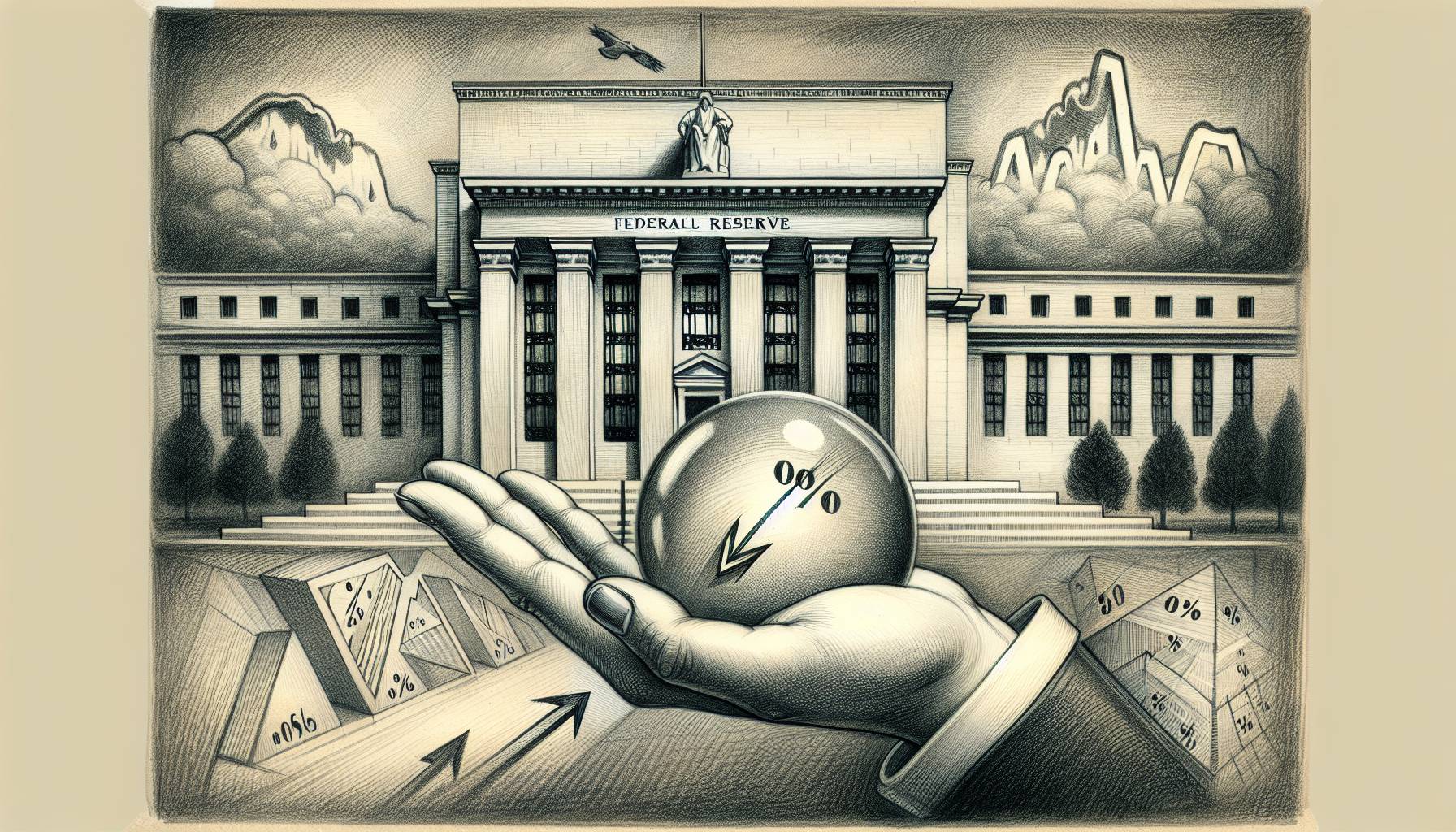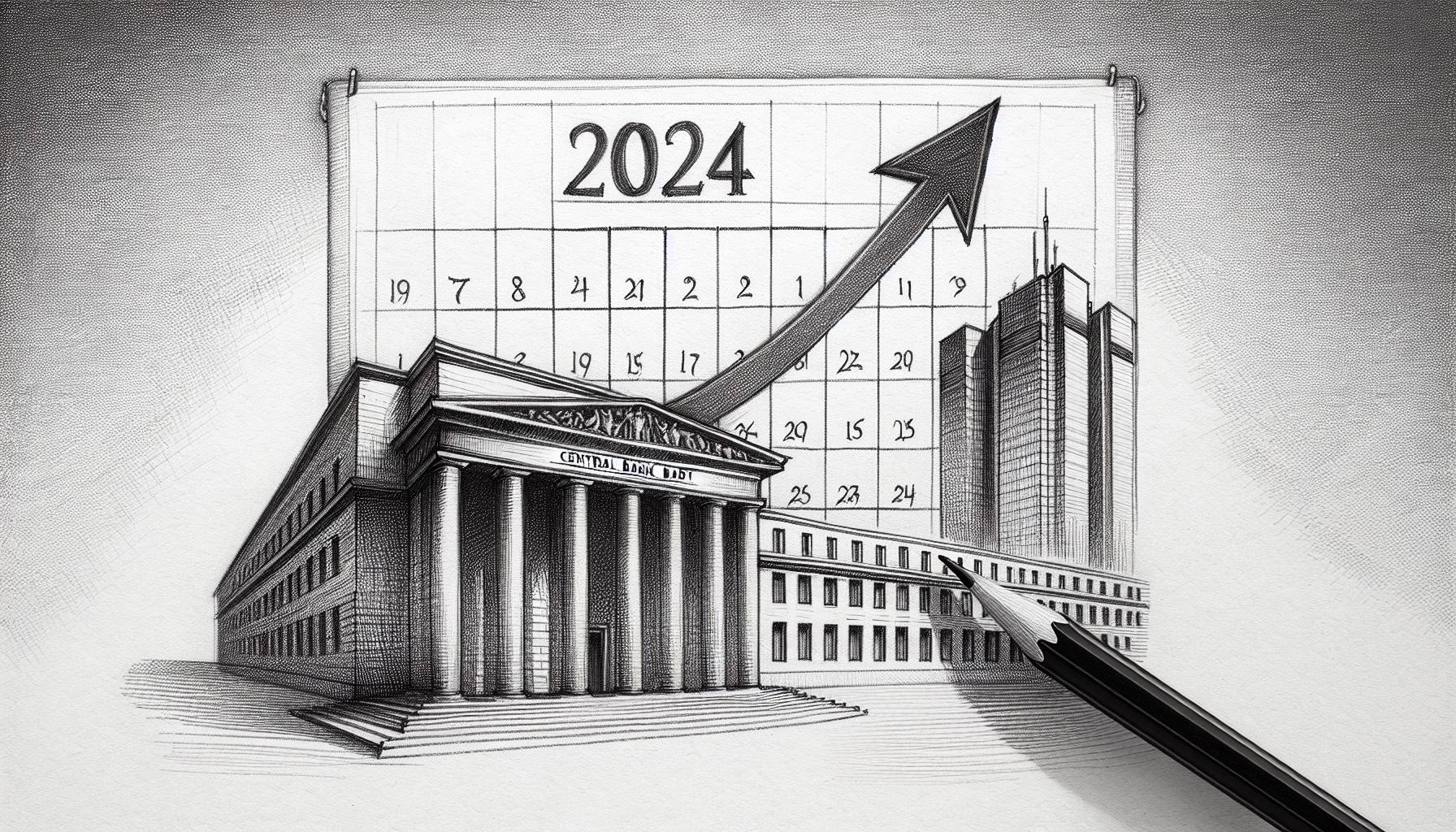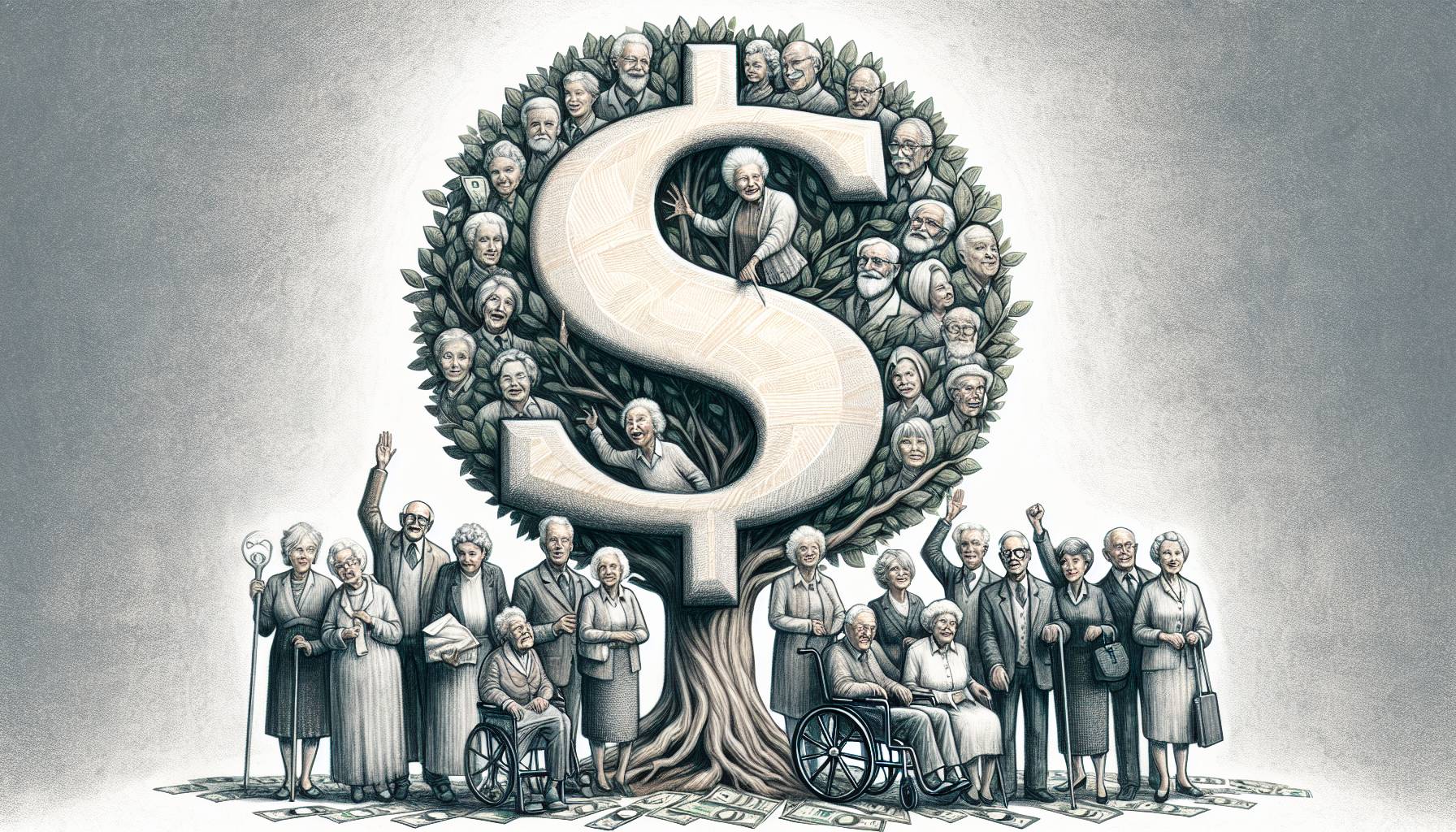Berkshire Hathaway, the company led by investor Warren Buffett, sold a net amount of $8 billion in stocks from April to June.. These sales have caused some market experts to worry about the wellbeing of the U.S. economy. The organization’s earnings report for the second quarter showed that it disposed of nearly $13 billion in stocks and acquired less than $5 billion. This move by Berkshire Hathaway, a significant player in the investment world, raises concerns that other large investors may follow suit, leading to a potential decline in the stock market. The decision to sell these stocks could be interpreted as a lack of confidence in the future of the economy, possibly resulting from uncertainties surrounding the ongoing COVID-19 pandemic and its long-term effects.
Reduced Buybacks in Q2
Buybacks during this period amounted to just $1.4 billion, which is a noticeable drop from the $4 billion spent in the first quarter. Both Warren Buffett, who is considered one of history’s most successful investors, and his business associate, Vice Chairman Charles Munger, are closely monitored for indications of market movements. This significant decline in buybacks highlights the cautious approach taken by these prominent investors amid the heightened market volatility. As they navigate through the uncertain economic landscape, many investors look to Buffett and Munger’s strategies as potential guidance for their own investment decisions.
Diversified Holdings and Concerns about the Economy
The diversified nature of Berkshire Hathaway’s holdings covers numerous industries, making its investment choices a possible indication of the overall U.S. economy’s direction. Both Buffett and Munger have voiced worry about the American economy slowing down and the possibility of an economic slump. This concern expressed by the investing moguls may prompt other investors to exercise caution and re-evaluate their current investment strategies. As major players in the business arena, Buffett and Munger’s opinions can serve as early warning signs for anyone looking to navigate the uncertain economic climate.
Buffett’s Reassurance to the Market
David Nicholas, the founder and president of Nicholas Wealth Management, points out that Buffett “has consistently been a source of reassurance to the market during times of instability.” Additionally, Buffett’s steady demeanor and commitment to long-term investment strategies have earned him the respect of market watchers and investors alike. His unwavering approach has undoubtedly played a key role in his ability to maintain confidence in the market, even during periods of turbulence.
Buffett’s Cash Holdings and Liquidity Strategy
The stock sales conducted by Berkshire Hathaway during the second quarter contributed to a 13% rise in its cash holdings, which reached $147 billion in that period. Steve H. Hanke, a professor of applied economics at Johns Hopkins University, commented, “When a downturn looms, Buffett is aware that cash takes precedence, particularly if he can generate a reasonable interest rate on it.” In anticipation of a potential economic downturn, it seems legendary investor Warren Buffett is choosing to maintain higher liquidity levels to capitalize on profitable investment opportunities that may arise. This strategy aligns with his long-standing approach of ‘buying low and selling high,’ with cash reserves at the ready to take advantage of market volatility.
Experts’ Predictions and the US Economy
Hanke also mentioned, “It seems that Buffett predicts a rocky future for the U.S. economy, and I think he’s right.” Some experts, along with Warren Buffett, believe that the current economic situation is bound to face some challenges and turbulence in the near future. This could potentially result in slower growth and various financial uncertainties, ultimately affecting the nation as a whole.
Recession Risk Declines for 2023
Despite these concerns, the likelihood of a recession in 2023 has been on a downslide in recent weeks. Mark Zandi, the chief economist at Moody’s Analytics, now believes there is a one in three chance of a recession occurring this year, while JPMorgan has expressed that it does not foresee economic decline in 2023. This shift in perspective can be attributed to several factors, including robust economic data, strong consumer spending, and a recovering job market. Additionally, accommodative monetary policy and the easing of supply chain disruptions have contributed to better overall economic stability, significantly reducing the recession risk for 2023.
Warren Buffett’s Perspective on Economic Threats
Nevertheless, Buffett may still recognize various serious threats to the U.S. economy, including those originating from China, the American banking sector, and commercial real estate, according to Nicholas. Additionally, the growing national debt and the potential for an economic downturn may contribute to these concerns, given their potential to impact investor confidence. In order to navigate these challenges, it is crucial for both the government and the private sector to remain proactive in addressing the emerging risks and evaluating their possible implications on the U.S. economy.
Conservative Investment Strategy Amid Challenges
The combination of these risks and the deceleration of America’s economic growth may be prompting Buffett’s conservative investment strategy. This approach allows for the preservation of capital and mitigating potential losses during uncertain times. As one of the world’s most renowned investors, Buffett’s cautious stance could serve as an indicator that other investors should likewise consider adopting a more prudent attitude towards their portfolios in the face of economic headwinds.
Frequently Asked Questions (FAQ)
What did Berkshire Hathaway do in the second quarter?
Berkshire Hathaway sold a net amount of $8 billion in stocks during the second quarter, disposing of nearly $13 billion in stocks and acquiring less than $5 billion.
Why are market experts concerned about Berkshire Hathaway’s sales?
These sales have caused some market experts to worry about the wellbeing of the U.S. economy, as it could signal a lack of confidence in the economy’s future and lead to a potential decline in the stock market.
What is the significance of reduced buybacks in Q2?
The significant decline in buybacks in Q2, down to just $1.4 billion from $4 billion in Q1, highlights the cautious approach taken by prominent investors Warren Buffett and Charles Munger amid heightened market volatility.
How do Berkshire Hathaway’s and Warren Buffett’s investments reflect the overall US economy’s direction?
With its diversified holdings covering numerous industries, Berkshire Hathaway’s investment choices may serve as an indication of the overall U.S. economy’s direction. Buffett and Munger have expressed concerns about the slowing American economy and the possibility of an economic slump.
What is the strategy behind Buffett’s increased cash holdings?
By increasing cash holdings by 13% in the second quarter, Buffett is maintaining higher liquidity levels in anticipation of potential economic downturns, allowing him to take advantage of profitable investment opportunities that may arise during market volatility.
What do experts predict about the US economy?
Some experts, along with Buffett, foresee challenges and turbulence in the near future for the US economy, potentially resulting in slower growth and various financial uncertainties.
What is the current recession risk for 2023?
Despite earlier concerns, the recession risk for 2023 has declined due to factors such as robust economic data, strong consumer spending, a recovering job market, accommodative monetary policy, and easing supply chain disruptions.
What potential threats does Warren Buffett see for the U.S. economy?
Some of the threats Buffett may recognize for the U.S. economy include challenges from China, the American banking sector, commercial real estate, growing national debt, and the potential for an economic downturn.
What is Warren Buffett’s investment strategy amidst these challenges?
Buffett’s conservative investment strategy aims to preserve capital and mitigate potential losses during uncertain economic times. This approach can serve as an indicator for other investors to consider adopting a more prudent attitude towards their portfolios in the face of economic headwinds.
First Reported on: newsweek.com
Featured Image provided by: Pexels – Thank you!













